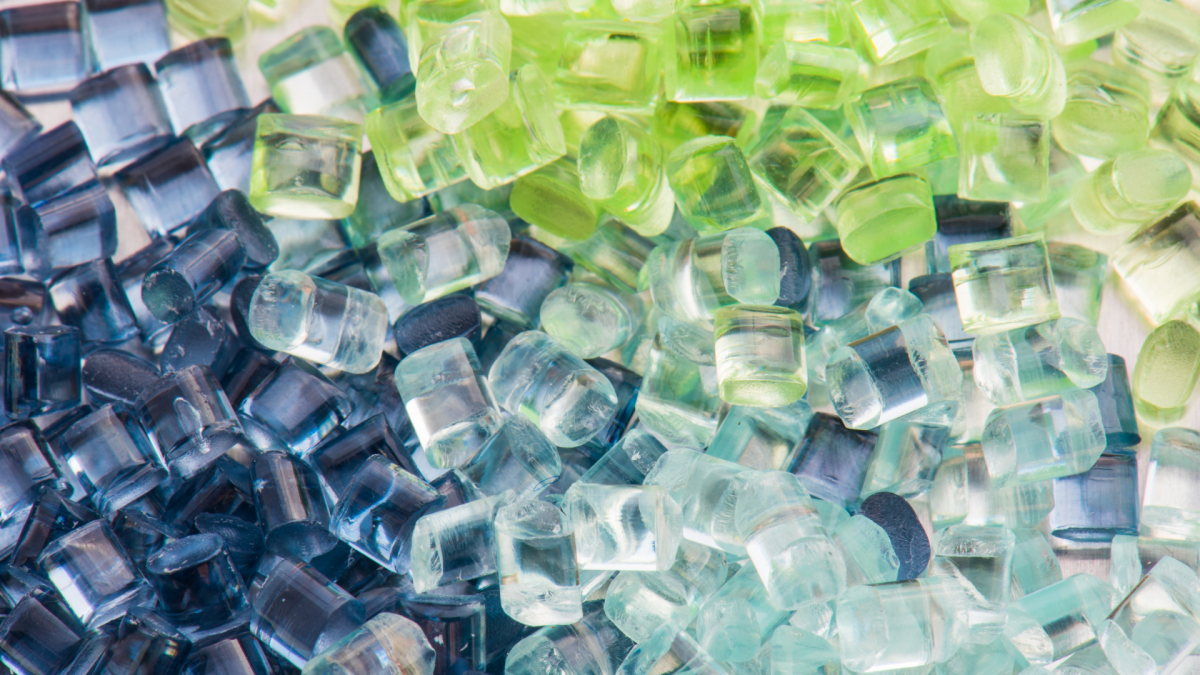

CIRCOPLAST aims to play a vital role in advancing the circular economy by enhancing the recyclability of plastics that include flame retardants, thereby helping to minimise environmental impacts.
Context
Plastics are an integral part of modern life. The technology we enjoy today is largely the result of plastics, but at the end of their life, we must also find sustainable solutions for these materials. Recycling and reuse help to alleviate the pressure on the earth's finite resources, including natural gas, petroleum, coal, wood and water. By reusing plastics rather than continually manufacturing the same type of material, we can significantly reduce the environmental impact on landfills worldwide. Furthermore, recycling and reusing plastics helps to reduce greenhouse gas emissions and slow climate change.
Despite the fact that many plastic materials are already selectively collected and that some of them are effectively recycled, we have found that plastics contaminated with non-REACH-compliant brominated flame retardants are not or insufficiently recycled, incinerated or, worse still, landfilled.
The CIRCOPLAST project has been set up with the specific aim of responding to this issue. It introduces an innovative new technology for the removal of brominated flame retardants from plastic waste.
The project also demonstrates how these so-called 'difficult' plastics can be reused as new raw materials, thereby drastically reducing the amount of plastic waste produced.
Acknowledgements
This project is funded by the InterregVI France-Wallonie-Vlaanderen program, and co-financed by the Walloon Region, and VLAIO, Flanders Innovation and Entrepreneurship.

Budget
Total budget: 2.892.128,92 euro
ERDF financing: 1.735.277,34 euro




